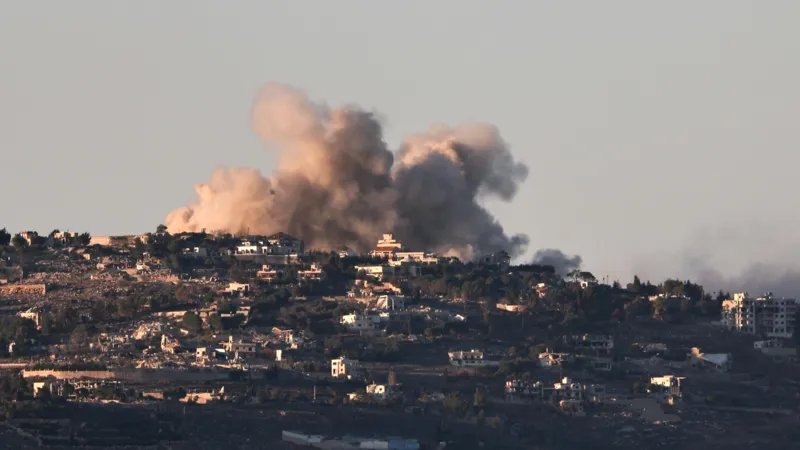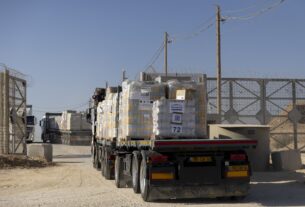The announcement of a ceasefire by Israeli Prime Minister Benjamin Netanyahu has stirred significant anger and distrust among displaced Israelis, particularly in northern regions affected by ongoing conflict. Netanyahu framed the ceasefire as a strategic victory, citing “unprecedented achievements” in what he described as a seven-front war, claiming that Israel had pushed Hezbollah back “tens of years” and weakened their operational capacity.
Despite these assertions, many Israelis, especially those evacuated from their homes near the Lebanon border, feel betrayed. A recent poll shows that over 80% of Netanyahu’s support base opposes the ceasefire. Nationally, opinions are divided, with 37% in favor, 32% against, and 31% undecided.
Rona Valency, displaced from Kfar Giladi, voiced concerns over security, expressing unease at the thought of Lebanese residents returning to nearby villages. Her husband, Onn, shared deep distrust towards the Lebanese army and international forces, insisting that only the Israeli military can ensure their safety.
Critics, including Netanyahu’s political allies, accuse him of surrendering to pressure, questioning why he would push for a ceasefire in Lebanon while maintaining a hardline stance in Gaza. Meanwhile, the toll of war is evident: Israel’s military is exhausted, the economy strained, and thousands remain displaced.
As tensions persist, the ceasefire remains a contentious issue, with many urging Netanyahu to reconsider his approach in Lebanon amid fears of future threats.
News Sources,
ARY NEWS, BBC NEWS, CNN, DAWN NEWS





